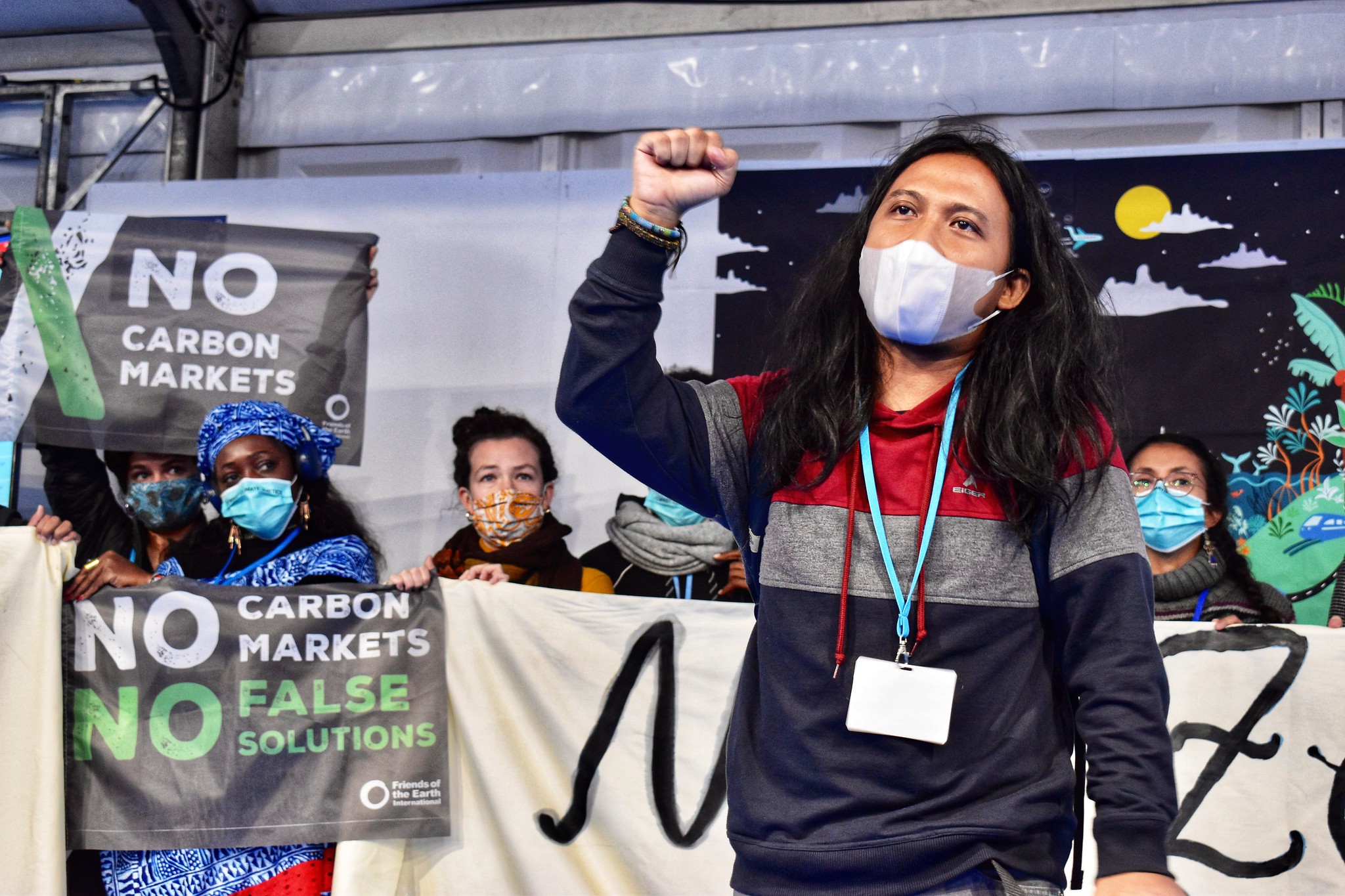
Environmental campaigns and the public ‘zeitgeist’
I recently blogged about the importance of tapping into a certain public spirit or desire for change at a given point of time, to run a winnable campaign. This ‘zeitgeist’ was critical in explaining the success of the UK and Scottish campaigns to introduce climate change legislation, and I think this is further illustrated by the success of UK Uncut. Who’d have thought an anarchic group of left-wing, former climate activists would convince George Osborne to clamp down on tax avoidance? Well, by tapping into the public’s concerns of the time, using some ingenious protest tactics, and offering a positive solution, they’ve succeeded (albeit not to the extent everyone would have liked).
We’ve recently seen criticism of the environmental movement from a former FoE England, Wales and Northern Ireland Director, Charles Secrett. I have some issues with what he is saying – I think the timing is strange given FoE EWNI’s recent campaigning successes and Greenpeace’s actions against Cairn Energy. From his letter, I’m also not quite sure what his point is? Having said this, I do think there are issues with how the environmental movement campaigns.
It seems clear to me that environmental campaigns are best when they involve political change or policy analysis alongside grassroots activism and communications to the media and general public. To do this they need to resonate with the general public. When environmental campaigners
get too bogged down in detailed policy campaigns which don’t do this – they lose two of the tools in their box – communications and activism.
At risk of offending more people let me give an example. Friends of the Earth Scotland, World Development Movement, People and Planet, Platform and some other groups – not to mention Climate Camp – have been campaigning to clean up RBS. RBS was bailed out by taxpayer money, is 84% Government owned, and despite the Government having the opportunity to redirect its lending practices, continues to invest hundreds of billions every year in dirty fossil fuel development including the tar sands.
Yet, many of the larger environmental NGOs, many south of the border, took the decision for pragmatic reasons to focus their energy on ensuring the Governments proposed ‘Green Investment Bank’ (GIB) was as strong as it could be. As far as I can see this hasn’t paid off – the Bank will have £3 billion in funds annually from 2013 (still dwarfing RBS annual investments) and won’t actually be a proper bank with powers to borrow until 2015/16. Even then these borrowing powers are contingent on Government having met its own deficit targets – something that is still very much open to debate, given current economic policy.
Anyway, I digress. The point is that campaigns are best when they tie policy, communications and activism together. A UK-wide campaign around Cleaning up RBS could have. The GIB didn’t.
Oh, and I say this as a policy and parliamentary officer – perhaps I’m trying to do myself out of a job?
ps – Sorry UK Uncutters, I generalise and paraphrase for added emphasis – no offence intended.
